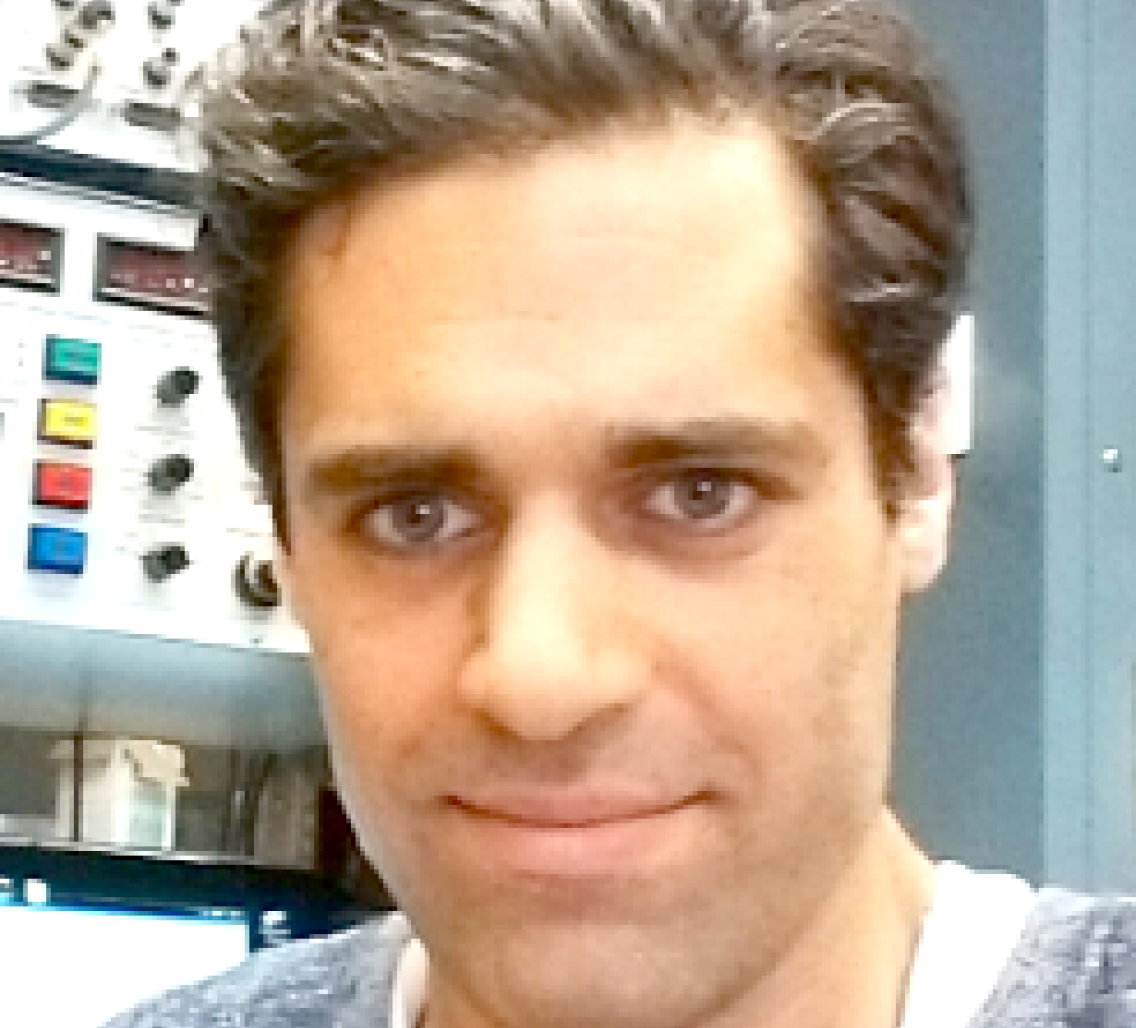Event Details:

Department of Engineering and Stanford Neurosciences Institute Faculty Candidate
Abstract: There is currently no available technology to directly record neural activity from the entire volume of the brain. Bioengineering efforts have propelled electrode-based devices and optical probes, achieving nanometer scale spatial resolution and impressive signal-to-noise ratio and temporal response; however, these techniques are invasive and sample from very small areas in the nervous system. On the other hand, modalities such as functional MRI (fMRI) can generate a volumetric readout from the entire brain noninvasively, and with relatively good temporal resolution, but usually provide information more directly related to blood flow and metabolism rather than direct electrical or chemical neural signaling. Overcoming these shortcomings, and developing sensing modalities for whole-brain direct recording of neural signals, will allow neuroscientists and neurologists to finally be able to study the brain network directly and as a whole—an achievement that will surely elevate neuroscience, neurology and medicine to new heights. I will present my research involving the development and application of injectible molecular probes and nanofabricated components for neuroimaging using fMRI. I will describe unprecedented in-vivo fMRI measurements of cellular neurotransmitter uptake using a specialized sensor (Hai et al., 2016, Neuron), as well as the development of nanofabricated electromagnetic sensors based on neuron-device interfacing for multi-site recording of neuronal intracellular signals. These strategies enable us for the first time to perform functional studies of neural activity across wide brain regions with molecular and electrophysiological specificity, and pave the way towards developing novel nano-scale sensing components for minimally-invasive whole brain recording of neural activity.
Bio: Dr. Aviad Hai is a neuroengineer and a neuroscientist with extensive expertise and highly cited scientific publications in the emerging field of nanometer-scale probes for brain imaging and recording. In his postdoctoral research at the Massachusetts Institute of Technology, Dr. Hai headed a team that has made unprecedented in-vivo fMRI measurements of cellular uptake of the neurotransmitter serotonin, using a specialized sensor (Hai et al., 2016, Neuron). Together with his work on nanofabricated devices for on-chip multi-site recording of neuronal intracellular signals (Hai et al., 2010, Nat Methods, for review see: Spira & Hai, 2013, Nat Nanotechnology), Dr. Hai is shaping his scientific strategy toward developing and applying novel sensors for whole-brain recording, and guiding future researchers in cutting-edge technologies for the detection of neural activity. Dr. Hai has won numerous awards and fellowships, and his work is supported by the National Institutes of Health (NIH), the European Molecular Biology Organization (EMBO) and the Edmond & Lily Safra Center for Brain Sciences (ELSC).